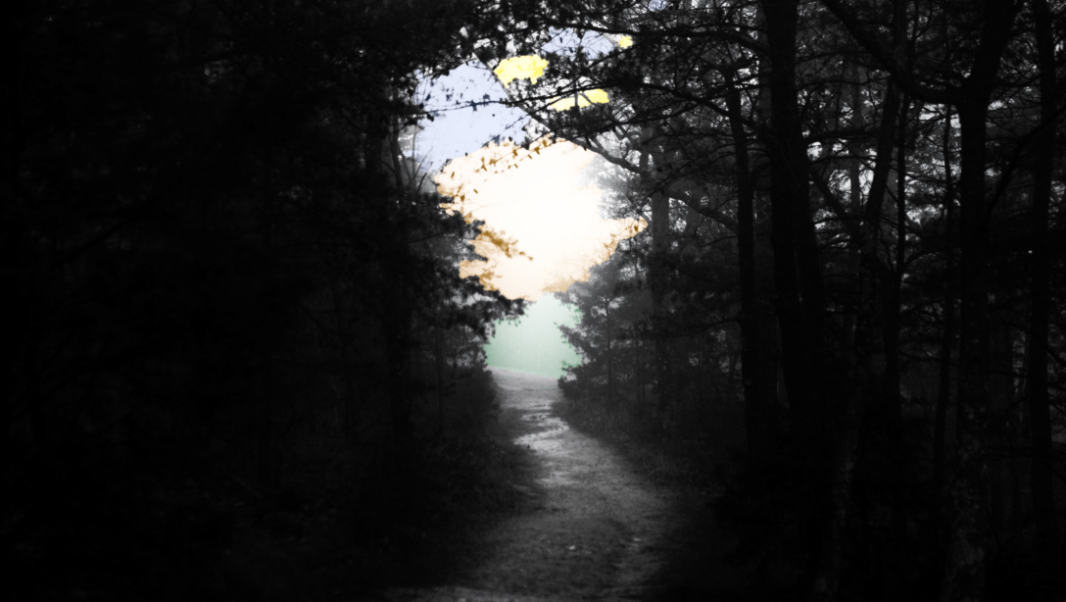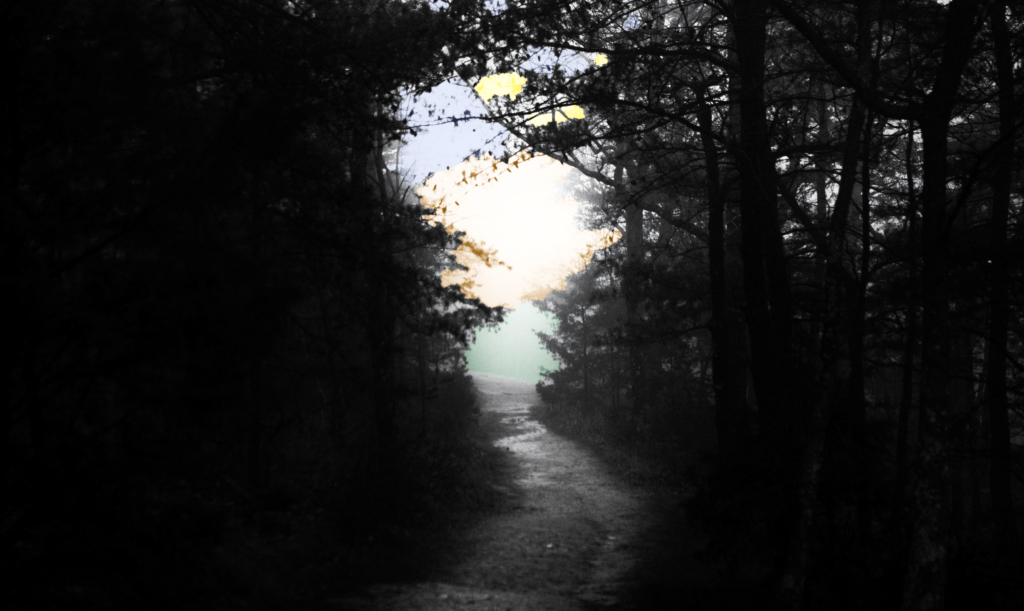

If I was a good girl, then she’d be happy
My Mum’s alcoholism was a secret kept by me, my Dad, and my Mum. When I was four, we lived in Spain, an alcoholic’s heaven, where you can order brandy with breakfast. I thought everyone’s Mum drank from eight o’clock onwards. For my fifth birthday party a group of my Mum’s friends came over at lunch time and drank until after midnight. There were no other children, no cake and, apart from a couple of hastily bought last minute presents, nothing to let you know it was a child’s birthday party. I remember being physically sick that day from (what I now realise) was the stress of the situation. My Mum took me to one side and told me I’d ruined the day for her.
Me ruining everything was a blame game which my Mum played frequently.
When we returned to England from Spain, my Mum’s drinking moved to in the house, and I made the decision to be a good girl. If I was a good girl, then she’d be happy, and if she was happy then she wouldn’t drink. I really excelled at being a good girl. Never in trouble at school, I was picked on for being a goody-two shoes. But she still drank. As I got older, I got fantastic grades. But she still drank.
Me, my Dad, and my Mum were stuck in a paradoxical lie. I was repeatedly told my Mum did not have a drink problem. And yet, when she was drunk, she would shout at me that I had ruined her life and that she drank because of me, because I’d made her so unhappy.
The denial between my parents over my Mum’s drinking was so great that it wasn’t until she was lying in a hospital bed, dying of cirrhosis of the liver, that my Dad even questioned the link between her drinking and her illness. He would say, ‘I can’t understand it. It’s not like she’s one of those drunks on the streets.’ My Aunty couldn’t believe my Mum’s ‘social’ drinking could possibly lead to this. It felt like I was living in a nightmare where only I could see the reality of what had been happening my whole life.
My Mum died on the 9th May 2018, one day before my 33rd birthday, and just three weeks after being admitted to hospital and diagnosed with the condition. I will be forever grateful to the Junior Doctor who sat with me that day and said that alcoholism is a disease and there is nothing I could have ever done to stop it. That was the first time anyone had ever called my Mum an alcoholic. And it was the first time anyone had ever said I wasn’t to blame for her drinking.
The pain and grief of losing my Mum was overwhelming at first. Any time I thought about the fact she wouldn’t see my little girl (who was three at the time) grow up, I would burst into tears. I was so angry that alcohol had stolen my Mum away. Because, despite everything, I loved my Mum with all my heart. I hated the woman she became when she was drunk, but I loved her more than anything when she was sober. When she was sober, she was kind, caring, thoughtful and clever. As a kid, I developed a habit of waking up at 6am so that I’d be up before she started drinking, so I could spend an hour with my ‘real’ Mum.
Three years on and I still miss that version of my Mum. But at the same time, I’m also relieved that the anxiety around Christmas, Birthdays, and any sort of family gatherings, no longer exists. I am no longer holding my breath, clenching my stomach, and waiting for the huge argument she would pick once she’d started on the brandy.
I wouldn’t have normally shared my story because I still experience a sense of shame and embarrassment that my Mum wasn’t like other Mums. But it’s worth sharing it if it means someone who reads it gets the message that I wished I had heard early on. Whatever you are told by others, or what you believe about yourself, you are not responsible for anyone’s drinking. They’re an alcoholic because of an addiction, not because of you.

























































































